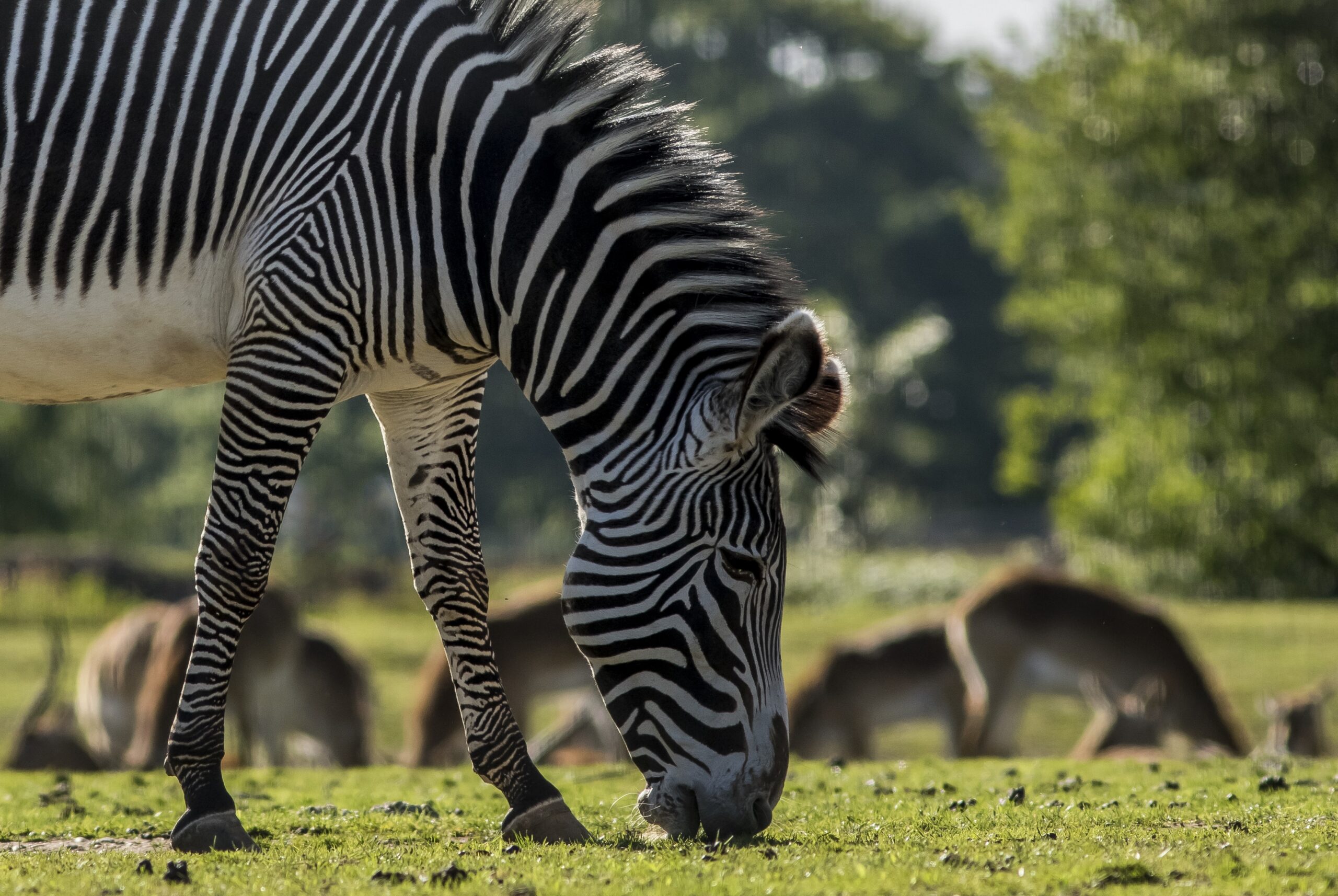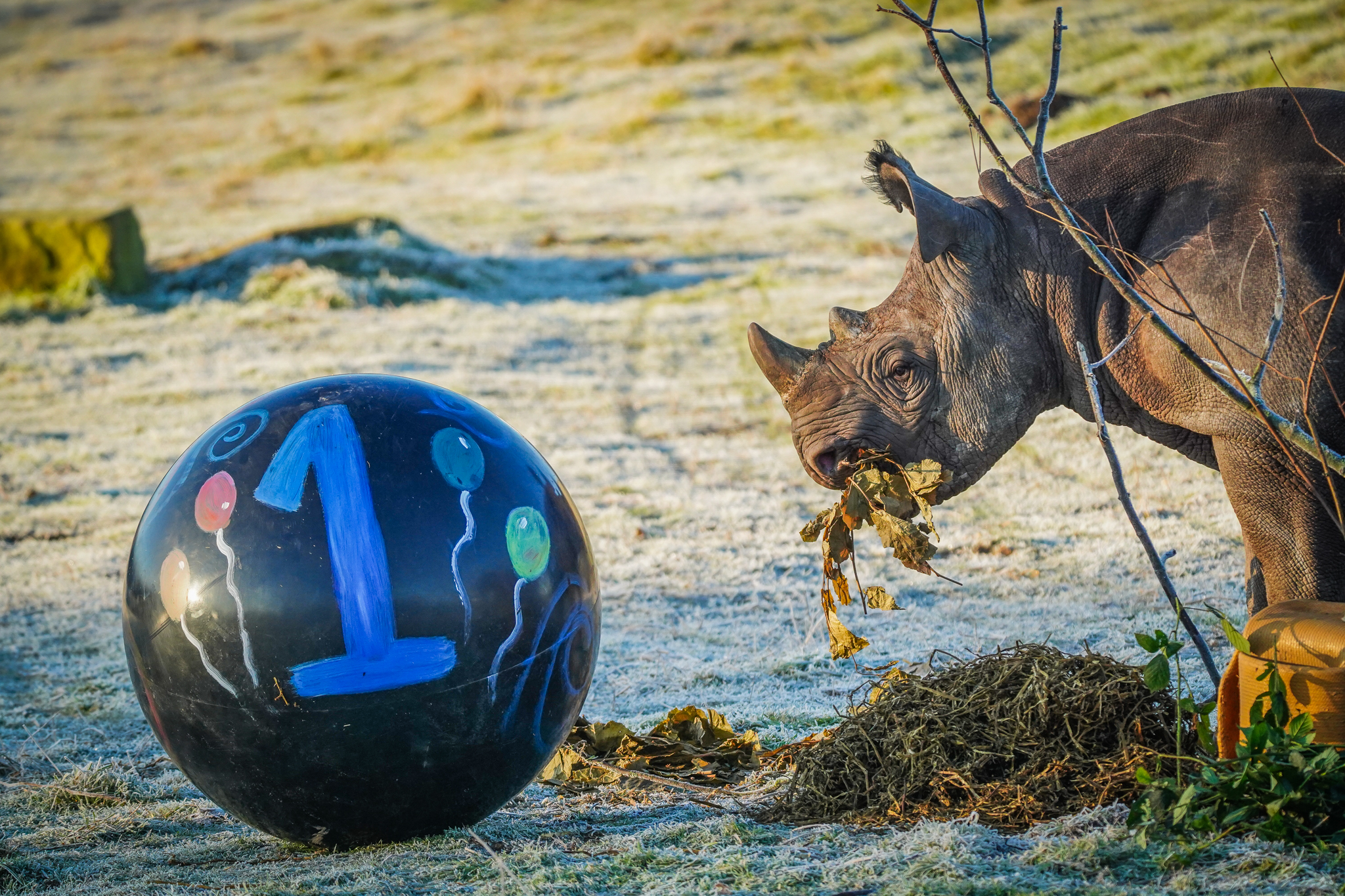Photo Credit: Daniel J. Cox/NaturalExposures.com via Polar Bears International
Did you know that without action on climate change, scientists predict that two-thirds of Polar Bears could be gone by 2050, with the potential to wipe out wild polar bears totally by 2100?
The International Union for Conservation of Nature (IUCN) lists the polar bear as a vulnerable species, citing sea-ice loss from climate change as the single largest threat to polar bear survival.
This is why WildLife Foundation supports Polar Bears International’s vital research project looking into the effects of climate change on polar bears’ denning behaviour. PBI have been undertaking field operations in Svalbard, Norway, setting up remote cameras to record the behaviour and condition of polar bear females and cubs as they emerged from their maternal dens.
By experimenting with fixed motion-detection cameras in areas where female polar bears are highly likely to dig snow dens, these specialist cameras are set up to monitor the site remotely, minimising the disturbance and increasing the efficiency of efforts to document denning polar bears.
Working in challenging conditions over the last two years, with temperatures often dropping below freezing, PBI have monitored and recorded physical and behavioural data at den sites to create a historical record of denning behaviour. This will allow researchers to study cubs and their mothers behaviour and work towards helping save the beautiful species.
When the cubs are old and strong enough they will follow their mother out of the den onto the sea ice to hunt. However, as a direct result of human caused climate change a significant amount of sea ice has melted. This is important as this sea ice provides direct access for polar bears to the fat rich food source of seals after months of fasting.
As a consequence of climate change, a vicious cycle is occurring where a warming climate causes old sea ice to shrink and thin during the summer months, being replaced by thinner sea ice in the winter that is more susceptible to further melting.
Help us support Polar Bears International and DONATE TODAY to help them care for the beautiful Arctic environment within which the polar bears thrive in!











